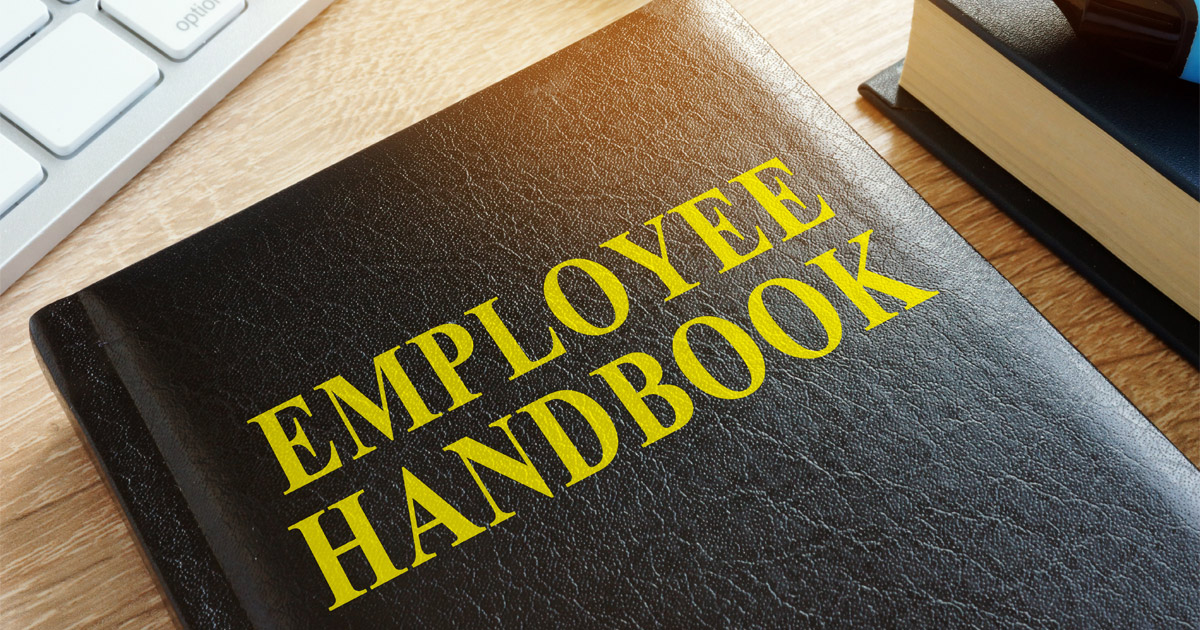EEOC Implements Pregnant Workers Fairness Act

The U.S. Equal Employment Opportunity Commission (EEOC) issued a final rule implementing the Pregnant Workers Fairness Act (PWFA). The PWFA allows pregnant employees to continue safely and effectively performing their job duties free of discrimination and retaliation. It also guides employers in understanding their legal duties regarding pregnant workers. The EEOC approved the final rule on April 03, 2024, and published it in the Federal Register on April 19. The law becomes effective 60 days after publication—June 19, 2024.
According to the Director, the EEOC has assisted countless women suffering serious health risks and unimaginable loss due to a lack of reasonable accommodations at work. The final rule reflects the EEOC’s deliberate response to nearly 100,000 comments posted to the Notice of Proposed Rulemaking regarding pregnancy and reasonable work accommodations. The rule provides clarity regarding covered workers, covered limitations, medical conditions, and instructions on requesting reasonable accommodations with clear, definitive examples for both workers and employers.
Reasonable Accommodations
Under the law, employers with 15 or more employees must provide reasonable accommodations for known limitations related to pregnancy, childbirth, or related medical conditions, provided the accommodation does not present undue hardship on the employer. The PWFA further expands existing pregnancy discrimination protections outlined in Title VII of the Civil Rights Act and reasonable accommodations rights under the Americans with Disabilities Act (ADA).
Guidance on the Rule
The final rule provides employers with crucial information and guidance regarding their responsibilities, clarity to employees regarding their protected rights, and encourages clear communication between both to identify and resolve concerns, the director said. Highlights of the final rule include:
- Examples of reasonable accommodations include additional nutrition and restroom breaks, a seated workspace, approved time off for medical appointments, temporary reassignment or suspension of certain job duties, remote work, or time off for childbirth recovery or miscarriage.
- Identified limitations and medical conditions eligible for reasonable accommodation, including miscarriage, stillbirth, lactation, migraines, and episodic pregnancy-related conditions, such as morning sickness, based on the PWFA statutory language, the EEOC definition of pregnancy, childbirth, and related medical conditions under Title VII, and prior court decisions.
- Recommendations regarding early and frequent communication between employers and employees to identify and quickly resolve reasonable accommodation requests.
- Directives emphasize that employees are not required to provide supporting documentation when requesting a reasonable accommodation, and employers should only ask when it is reasonable to do so under the circumstances.
- Explanation of what constitutes an undue hardship on an employer and the business.
- Information detailing how employers may assert defenses or exemptions early in charge processing.
The EEOC’s “What You Should Know about the Pregnant Workers Fairness Act” webpage provides more information and resources about the PWFA and the final rule.
Our Philadelphia Employment Lawyers at Sidkoff, Pincus & Green P.C. Advocate for Workers’ Employment and Anti-Discrimination Rights
If you are a pregnant worker and believe your rights are being violated, our experienced Philadelphia employment lawyers at Sidkoff, Pincus & Green P.C. can help. Call today at 215-574-0600 or contact us online to schedule an initial consultation. Located in Philadelphia, we serve clients throughout Pennsylvania and New Jersey, including South Jersey.
























